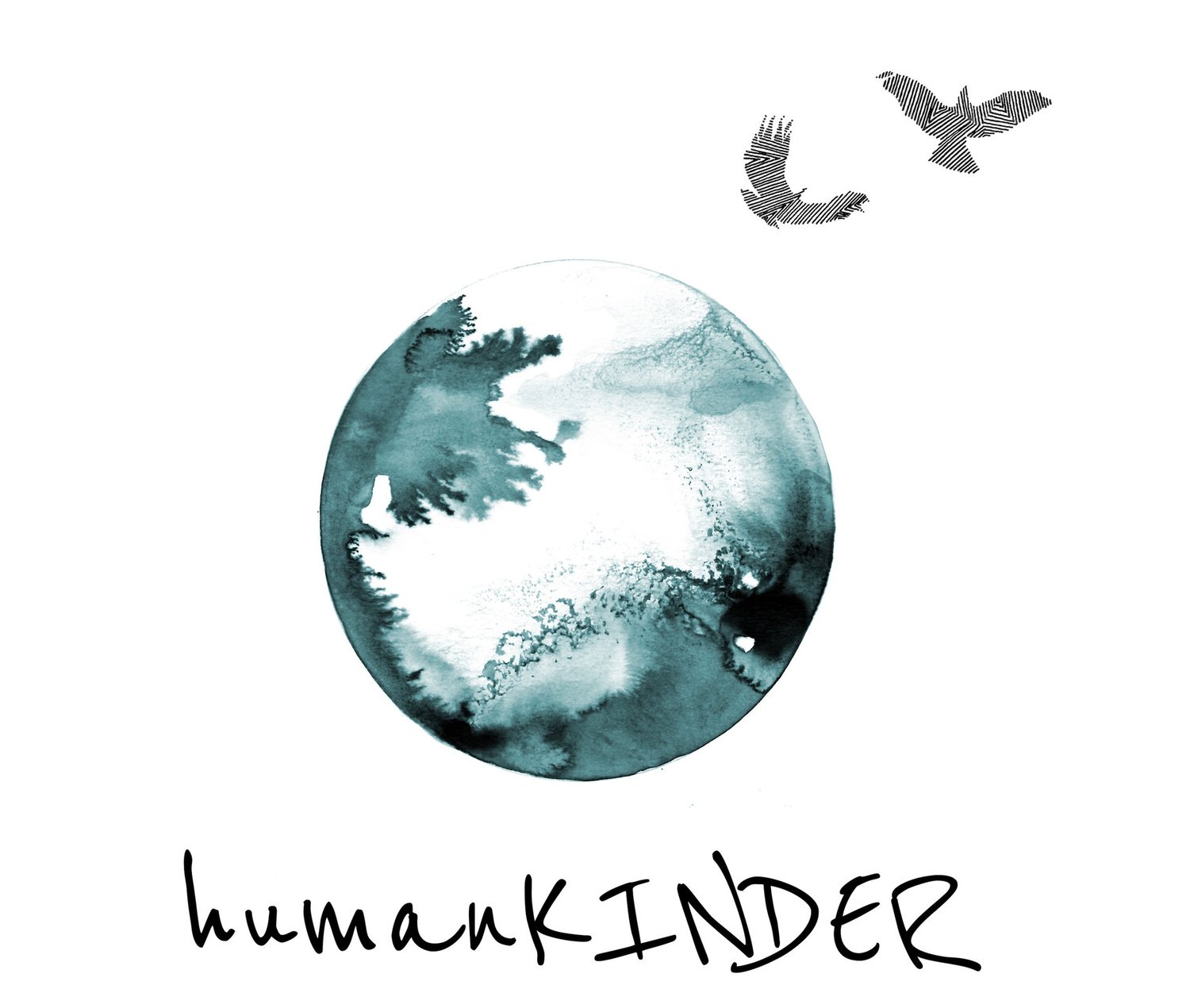The COVID-19 pandemic has resulted in travel restrictions, border shutdowns, and widespread stay-at-home orders around the world. While most governments are advising self-isolation and social distancing to prevent the spread of the virus, we must be mindful of what this regulation means in practice and its impact on daily living. As cities continue to propose new rules, mental health and well-being must play a major part in the conversation – especially in this time of our “new normal”.
Concerns About Increasing Loneliness
Even before the virus, loneliness was considered an epidemic. As the situation with COVID-19 persists, isolation during extended periods could potentially increase feelings of loneliness and the health issues associated with it. Even now, studies suggest loneliness can increase the risk of premature death by 26 percent — making it as dangerous as smoking 15 cigarettes a day. While older adults and those with underlying conditions are especially vulnerable to the pandemic, people who live alone, people who already feel lonely, or those who are facing mental health issues may also experience a decline in their mental health. This can result in increased stress levels throughout forced isolation.
Rising Inequalities and Stigma
In already vulnerable communities, the virus can significantly increase existing issues. For example, the following groups may be particularly at risk: people living with chronic illness, those in fear of domestic violence, individuals relying on zero-hour working conditions or unstable accommodations, and people forced to flee from conflict or environmental and climate change.
Stigma around mental health is also common, even if some societies have made great progress. As British author C.S. Lewis states in his book The Problem of Pain: it is easier to say, “My tooth is aching” than to say, “My heart is broken.” Creating more supportive environments and empowering people to share their experiences can help reduce mental health stigma.
Communities overall are experiencing the impact of COVID-19 at various levels. Even where mental health issues are absent, a pandemic can cause health effects due to the stress and uncertainty of the situation.
Our New Normal in A Time of Great Risk
As we face the underlying trauma of these uncertain times and various levels of change, we must do so with our eyes open. We must be mindful of the extended periods spent in isolation, and how this may affect our mental well-being. And we must talk about it. Fear of the unknown plays a significant role and is likely to affect people each day in several ways. Watching or listening to negative information about the pandemic in large amounts, however important that information may be, is not particularly healthy. Finding the balance between being informed versus being overwhelmed, listening to our bodies, and allowing time for mental rest is essential during times of chaos.
What is emerging during this unusual experience is revealing insight into how it feels to have choices removed. But we must strive for purpose and meaning to manage our new daily reality. This also involves connecting with others and learning from those with lived experiences of isolation – indeed, these times call for togetherness. As Dr. Tedros Adhanom Ghebreyesus, WHO Director-General, said: “This is the defining global health crisis of our time . . . We are all in this together, and we can only succeed together. So, the rule of the game is TOGETHER.”
With full honor and respect for those who have and continue to lose their lives in these tragic circumstances, including medical staff in the line of duty, we can find a new shared global strength in this incredibly intense period of the COVID-19 pandemic. An excerpt from Lockdown, a poem by Irish Priest, Father Richard Hendrick O.F.M. states, “… And though you may not be able to touch across the empty square, Sing.”
Together
There are many examples of communities coming together to help in response to these uncertain times, and there are emerging signs of nature recovering, unthinkable merely a month ago.
How societies respond to this major crisis of our time is an opportunity to bridge the divide between physical and mental health realms. There is also a possibility of developing new behaviors during forced isolation that could determine how easy or difficult it is to reintegrate back into the community.
We now need government, infrastructure, and media agencies to take a holistic and balanced approach to act on and report about the virus, which prioritizes mental health and well-being in national agendas and gives us all the strength to ride the storm. We need more focus on reporting the kind and selfless community acts and natural phenomena that are flourishing across the globe. An emphasis on the holistic health of mind, body, and spirit is essential to enable us to work together towards our new normal.
— Published on March 31, 2020, THRIVE GLOBAL Link to original article here.



